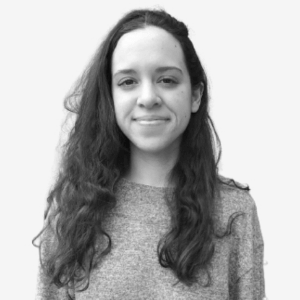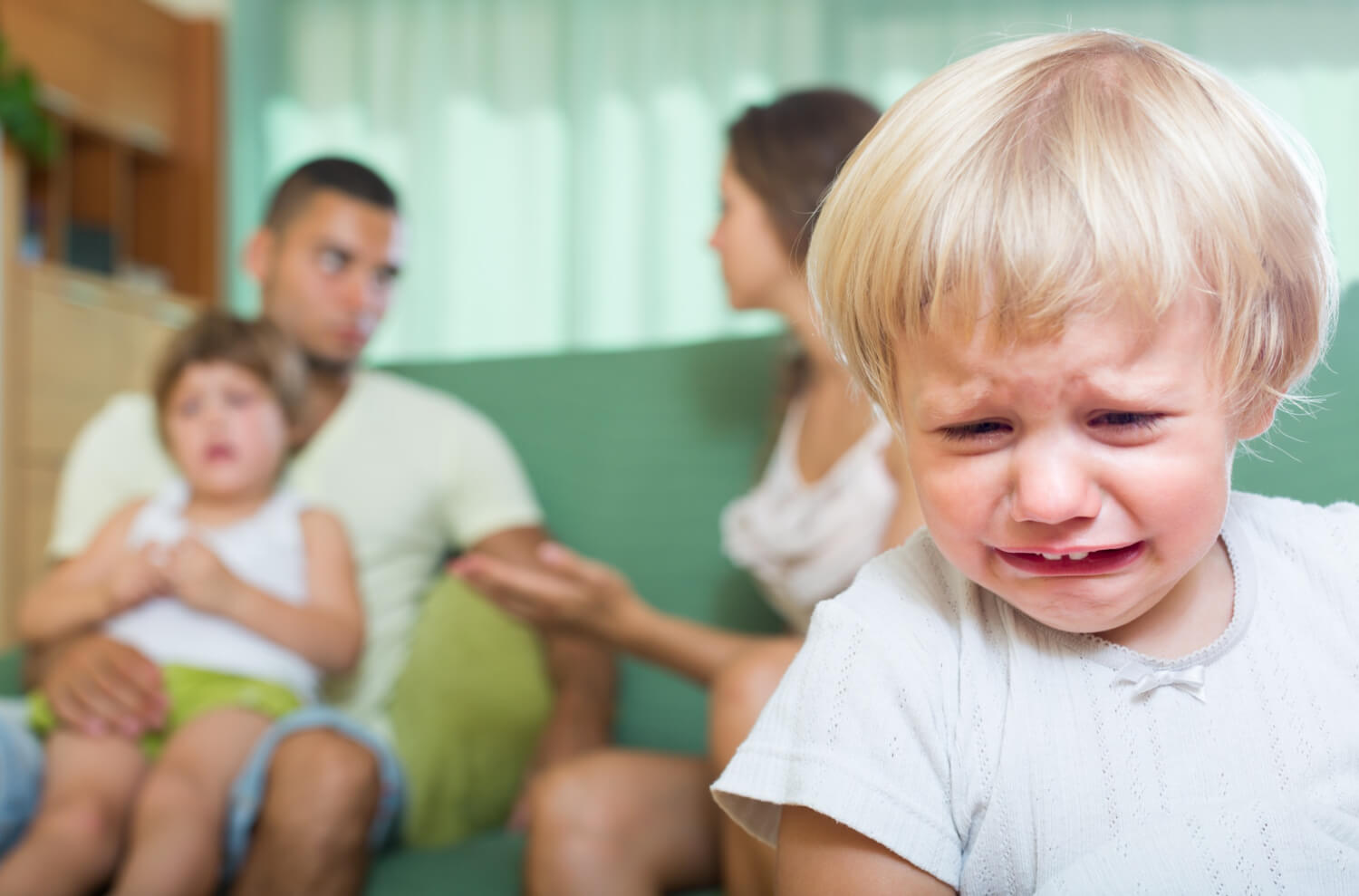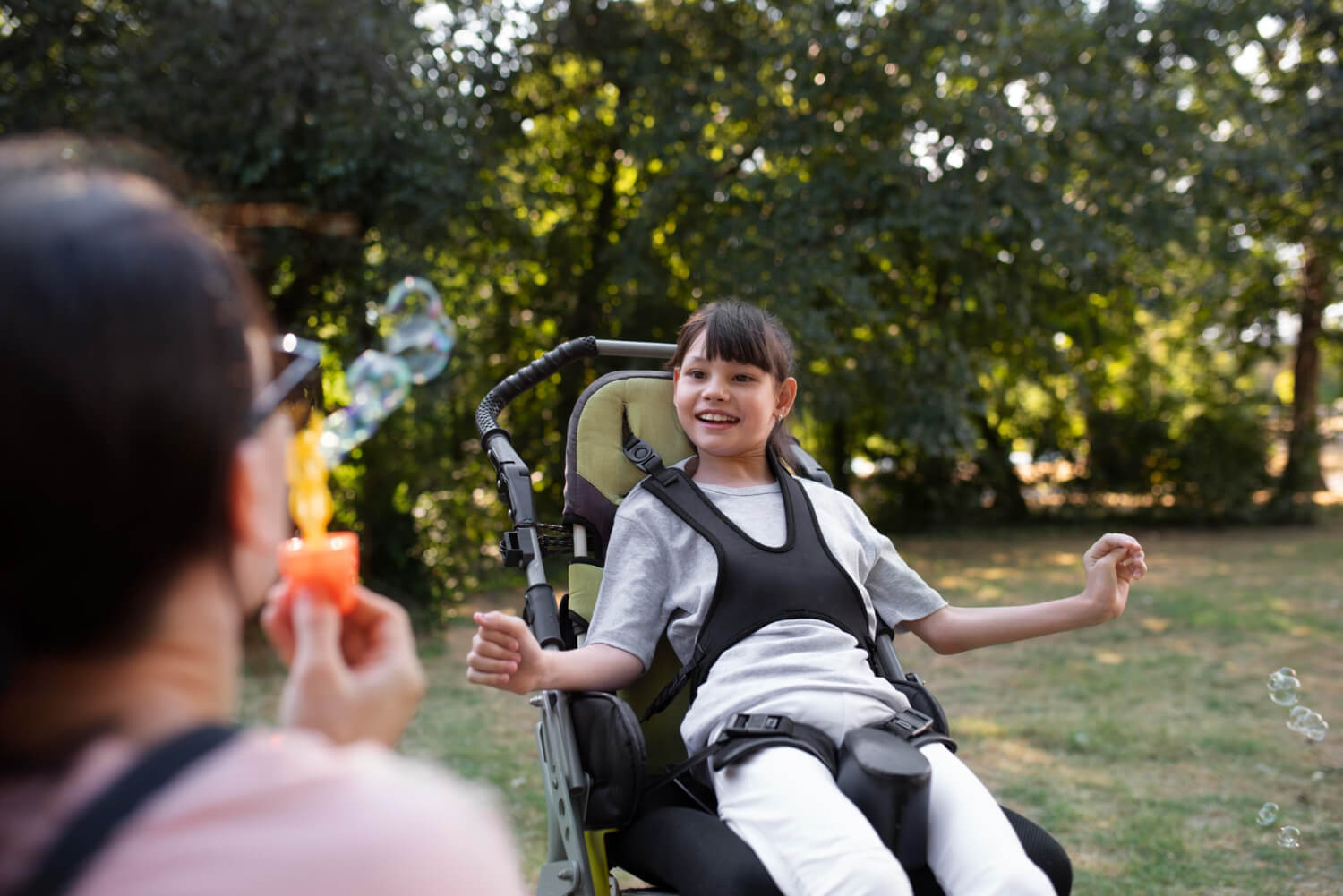Growing Up with a Sibling with a Cognitive Disability


Written and verified by the psychologist Sharon Capeluto
“I want to have a baby brother or sister.” That was my birthday wish until I was five. I didn’t want expensive toys or pets or the latest Barbie. Out of total innocence, I begged for a younger sibling to play with. However, what I received wasn’t exactly what I had imagined. Now I understand: Expectation never matches reality 100%, and that’s okay. Sharing my childhood with a sibling with a cognitive disability was a challenge as unexpected as it was enriching. Without choosing it, I had to learn to tolerate the frustration of not being able to share everything with him that I’d once dreamed of. Many times, limitations denied me the possibility of sharing mischief, thoughts, and projects.
However, being his sister made me a better person because it helped me to broaden my vision of the world and to understand that we’re all different in some way.
My experience growing up with a sibling with a cognitive disability
There are no absolute truths in this text. Nor are there emotional instructions that indicate the right way to live with a sibling with a cognitive disability. Here, I do nothing more than share the letter I wrote for my brother.
This is a personal account, which isn’t intended to determine what’s right or wrong, what’s appropriate or inappropriate. In my case, having a sibling with a cognitive disability involved a mixture of very different feelings.
Ambiguous emotions and confused thoughts played leading roles in my story. It took time and deep introspection to put a name to what I was feeling and thinking.
Well, enough with the clarifications. Here’s the letter.
First, I was angry with you
When you came home, everything changed. The energy in our home was different–hard to describe. When I realized that Mom and Dad no longer had eyes only for me, I got mad at you. Jealousy was pouring out of my pores. You had stolen the attention of the whole family. Or at least that’s how I felt.
While our uncles, grandparents, and cousins looked at you tenderly, I was left on the sidelines. I guess this is what usually happens in every family when a new member is born: Everything starts to be shared, even the looks of loved ones.

Everything got worse as we got older and my desire to play with you wasn’t satisfied. At first, I thought you didn’t get involved in my games because you didn’t want to. I felt rejected, which made me even more angry with you.
I don’t remember the exact moment I realized there were things I could do and you couldn’t, but I know it hurt like deeply. Who was going to run races with me? Who was I going to put the puzzles together with? In keeping with any child’s own immaturity, my stance was still quite self-centered.
Children go through a stage where they feel that they’re the center of the world, and this makes it difficult for them to put themselves in someone else’s place.
When you entered the same school I went to, our parents asked me to take care of you. From one year to the next, “my” school became “our“ school, and my friends started asking me strange questions that I didn’t know how to answer.
I appreciate the way Mom and Dad raised us, but they often forgot that I was a kid too. And that, although I could dress myself, play, and do my homework alone, I also had needs. At times, I felt they demanded more patience and understanding from me than a girl who’s barely three feet tall can offer.
Then, I over-cared for you
In my early teens, I began to come to terms with the idea of having a sibling with a cognitive disability and began to love you a lot more. For a period of our history, I kept you in a little crystal bubble.
I was the first one to stand up for you when someone made fun of you and moved heaven and earth to make sure you were okay. You don’t know how much trouble I got into defending you! I even pushed a kid who was making fun of you at school and ended up in the principal’s office.

At home, I would make you snacks and help you eat. I would clean and tidy all your clothes. I also catered to your every whim. Whatever you wanted, you got it. I would run out for ice cream when you made me understand that you wanted it. We watched all the TV shows you wanted.
Now that I think about it more, I can understand that with my overprotectiveness, I was trying to lessen the guilt I felt.
I’m not going to lie to you, that emotion stayed with me for much of my youth. It even still creeps up on me from time to time. I felt guilty for being able to do things you couldn’t. For playing volleyball while you were unable to. For playing volleyball while you watched me from the stands, even though it didn’t seem to bother you. Or for hanging out with my friends while you went to your therapies. In fact, I came to believe that I was responsible for your condition.
Now, I value diversity
It wasn’t until my fifteenth birthday that I realized I was protecting you more than you needed. I began to trust your abilities and you showed me that there were many things you could do on your own. Many more than I imagined.
In those days, I thoroughly enjoyed spending time with you. Pop music evenings were our favorite. You from your chair and me on top of the bed. Your ear-to-ear was the sign of your enjoyment. The interest in music is something we share, it makes us feel closer. Even though we’re different, we can share the best things.
There’s one thing I will thank you for for the rest of my life: You helped me realize that I’m no worse or better than anyone else. Without realizing it, you fostered my empathy and listening skills. Today, I love being with people who are different from me and enriching myself with them. I know it doesn’t make much sense, but it bores me to be in places where everyone looks the same. I find it flat, insipid.
“He who is different from me does not impoverish me – he enriches me.”
– Antoine de Saint-Exupéry –
Even though you sometimes make me lose my patience, having you as a brother is a great thing. I wish everyone could see the value you have. You’re not an angel or an eternal child, you’re a great person. I wish everyone could understand that even though your disability is part of you, you’re so much more than that. I love you and I’m happy to have grown up with you.
Final thoughts on having a sibling with a cognitive disability
Having a sibling with a cognitive disability is neither a negative nor a positive thing. It is what it is, with its advantages and disadvantages. Ultimately, whatever my reality would have been, it would have had nice aspects and not-so-nice aspects. It’s about no longer fighting against what we can’t change and finding beauty in what is.
Personally, working on acceptance has marked a before and after in my life. When I understood that I couldn’t change reality, I stopped wanting to. Let’s tell it like it is: I’m not a perfect sister either. Maybe he would have liked me to be funnier, taller, or less temperamental. But if he accepts me as I am, why can’t I do the same for him?
“I want to have a baby brother or sister.” That was my birthday wish until I was five. I didn’t want expensive toys or pets or the latest Barbie. Out of total innocence, I begged for a younger sibling to play with. However, what I received wasn’t exactly what I had imagined. Now I understand: Expectation never matches reality 100%, and that’s okay. Sharing my childhood with a sibling with a cognitive disability was a challenge as unexpected as it was enriching. Without choosing it, I had to learn to tolerate the frustration of not being able to share everything with him that I’d once dreamed of. Many times, limitations denied me the possibility of sharing mischief, thoughts, and projects.
However, being his sister made me a better person because it helped me to broaden my vision of the world and to understand that we’re all different in some way.
My experience growing up with a sibling with a cognitive disability
There are no absolute truths in this text. Nor are there emotional instructions that indicate the right way to live with a sibling with a cognitive disability. Here, I do nothing more than share the letter I wrote for my brother.
This is a personal account, which isn’t intended to determine what’s right or wrong, what’s appropriate or inappropriate. In my case, having a sibling with a cognitive disability involved a mixture of very different feelings.
Ambiguous emotions and confused thoughts played leading roles in my story. It took time and deep introspection to put a name to what I was feeling and thinking.
Well, enough with the clarifications. Here’s the letter.
First, I was angry with you
When you came home, everything changed. The energy in our home was different–hard to describe. When I realized that Mom and Dad no longer had eyes only for me, I got mad at you. Jealousy was pouring out of my pores. You had stolen the attention of the whole family. Or at least that’s how I felt.
While our uncles, grandparents, and cousins looked at you tenderly, I was left on the sidelines. I guess this is what usually happens in every family when a new member is born: Everything starts to be shared, even the looks of loved ones.

Everything got worse as we got older and my desire to play with you wasn’t satisfied. At first, I thought you didn’t get involved in my games because you didn’t want to. I felt rejected, which made me even more angry with you.
I don’t remember the exact moment I realized there were things I could do and you couldn’t, but I know it hurt like deeply. Who was going to run races with me? Who was I going to put the puzzles together with? In keeping with any child’s own immaturity, my stance was still quite self-centered.
Children go through a stage where they feel that they’re the center of the world, and this makes it difficult for them to put themselves in someone else’s place.
When you entered the same school I went to, our parents asked me to take care of you. From one year to the next, “my” school became “our“ school, and my friends started asking me strange questions that I didn’t know how to answer.
I appreciate the way Mom and Dad raised us, but they often forgot that I was a kid too. And that, although I could dress myself, play, and do my homework alone, I also had needs. At times, I felt they demanded more patience and understanding from me than a girl who’s barely three feet tall can offer.
Then, I over-cared for you
In my early teens, I began to come to terms with the idea of having a sibling with a cognitive disability and began to love you a lot more. For a period of our history, I kept you in a little crystal bubble.
I was the first one to stand up for you when someone made fun of you and moved heaven and earth to make sure you were okay. You don’t know how much trouble I got into defending you! I even pushed a kid who was making fun of you at school and ended up in the principal’s office.

At home, I would make you snacks and help you eat. I would clean and tidy all your clothes. I also catered to your every whim. Whatever you wanted, you got it. I would run out for ice cream when you made me understand that you wanted it. We watched all the TV shows you wanted.
Now that I think about it more, I can understand that with my overprotectiveness, I was trying to lessen the guilt I felt.
I’m not going to lie to you, that emotion stayed with me for much of my youth. It even still creeps up on me from time to time. I felt guilty for being able to do things you couldn’t. For playing volleyball while you were unable to. For playing volleyball while you watched me from the stands, even though it didn’t seem to bother you. Or for hanging out with my friends while you went to your therapies. In fact, I came to believe that I was responsible for your condition.
Now, I value diversity
It wasn’t until my fifteenth birthday that I realized I was protecting you more than you needed. I began to trust your abilities and you showed me that there were many things you could do on your own. Many more than I imagined.
In those days, I thoroughly enjoyed spending time with you. Pop music evenings were our favorite. You from your chair and me on top of the bed. Your ear-to-ear was the sign of your enjoyment. The interest in music is something we share, it makes us feel closer. Even though we’re different, we can share the best things.
There’s one thing I will thank you for for the rest of my life: You helped me realize that I’m no worse or better than anyone else. Without realizing it, you fostered my empathy and listening skills. Today, I love being with people who are different from me and enriching myself with them. I know it doesn’t make much sense, but it bores me to be in places where everyone looks the same. I find it flat, insipid.
“He who is different from me does not impoverish me – he enriches me.”
– Antoine de Saint-Exupéry –
Even though you sometimes make me lose my patience, having you as a brother is a great thing. I wish everyone could see the value you have. You’re not an angel or an eternal child, you’re a great person. I wish everyone could understand that even though your disability is part of you, you’re so much more than that. I love you and I’m happy to have grown up with you.
Final thoughts on having a sibling with a cognitive disability
Having a sibling with a cognitive disability is neither a negative nor a positive thing. It is what it is, with its advantages and disadvantages. Ultimately, whatever my reality would have been, it would have had nice aspects and not-so-nice aspects. It’s about no longer fighting against what we can’t change and finding beauty in what is.
Personally, working on acceptance has marked a before and after in my life. When I understood that I couldn’t change reality, I stopped wanting to. Let’s tell it like it is: I’m not a perfect sister either. Maybe he would have liked me to be funnier, taller, or less temperamental. But if he accepts me as I am, why can’t I do the same for him?
All cited sources were thoroughly reviewed by our team to ensure their quality, reliability, currency, and validity. The bibliography of this article was considered reliable and of academic or scientific accuracy.
- Domínguez, A., Vásquez, N. (2010). La sobreprotección de los padres en el desarrollo de habilidades adaptativas en personas con discapacidad. Revista de psicología. 1-13.
- EstEban-Guitart, M., Rivas Damián, M. J., Pérez Daniel, M. R. (2012). Empatía y tolerancia a la diversidad en un contexto educativo intercultural. Universitas Psychologica. 415-426. http://www.scielo.org.co/scielo.php?script=sci_arttext&pid=S1657-92672012000200006
- Ramírez Gómez, J., Castro Quintero, A. (2016). Caminando juntos : significados de tener un hermano con discapacidad cognitiva congénita vinculado a la fundación Ideal. Biblioteca digital. Universidad del Valle. http://hdl.handle.net/10893/9144
- Rumeu, O. L. (2009). Discapacidad y familia: el papel de los hermanos. El largo camino hacia una educación inclusiva: la educación especial y social del siglo XIX a nuestros días. Universidad Pública de Navarra. (pp. 653-660).
This text is provided for informational purposes only and does not replace consultation with a professional. If in doubt, consult your specialist.








